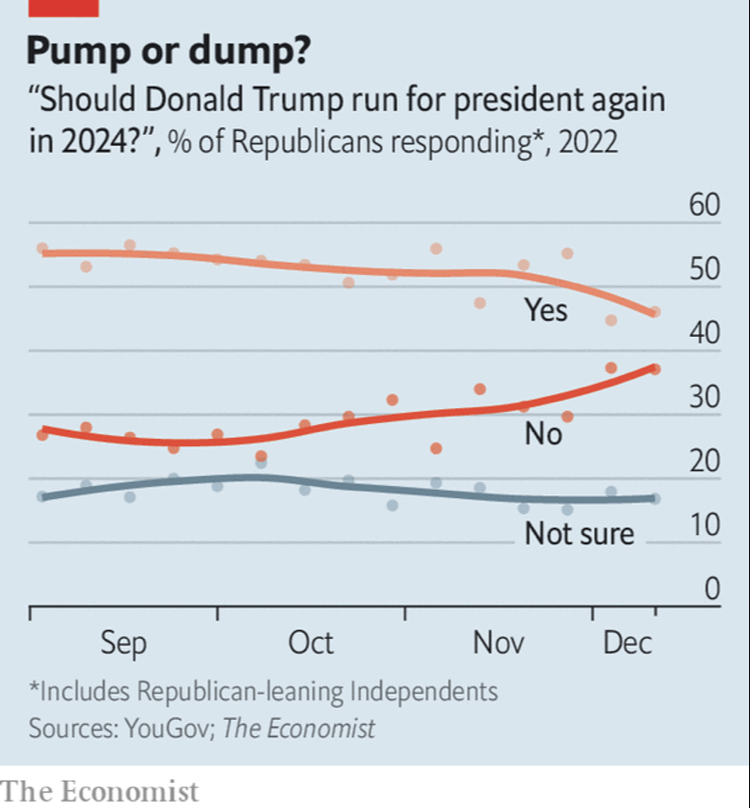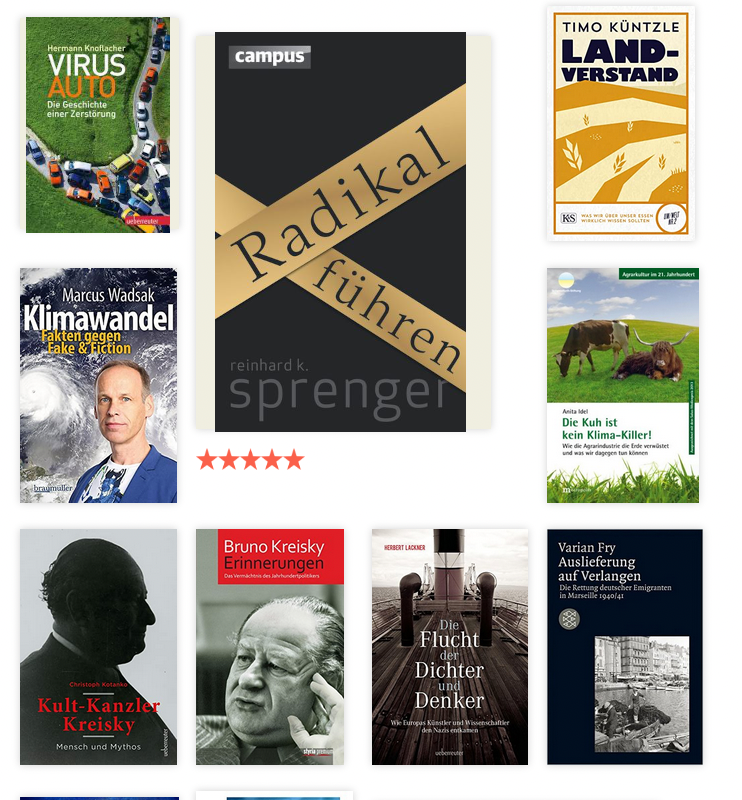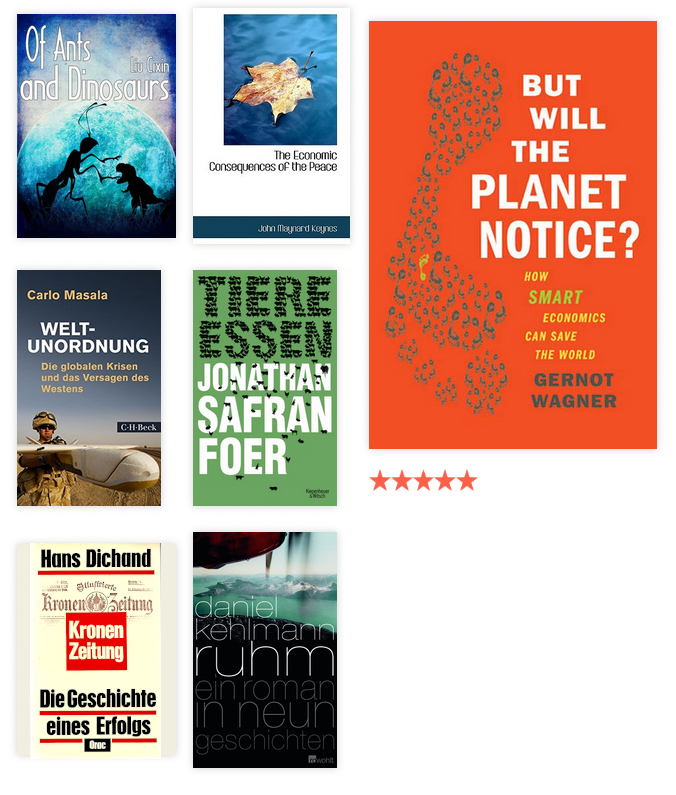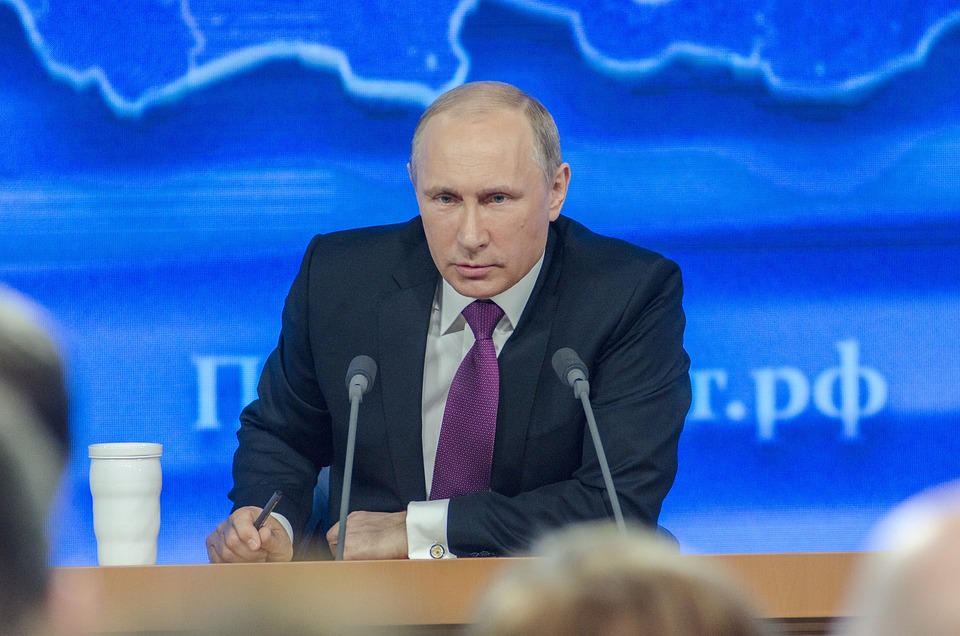Dharavi’s location and fame make it a powerful example of a much bigger problem. India’s cities are home to over a third of its population, or around 480m people, and are the engines of its growth. Yet the poor conditions in which most city-dwellers live, learn and labour are a blight and significant speed limit. Around half live in slums and a third without a connection to piped water, according to the un. In 2016 a third of India’s urban-dwellers lived more than three to a room. In Dharavi’s hutments, as its slum shacks are called, a dozen people to a tiny room is not uncommon. “To live in a proper home, to have a toilet, it is a matter of dignity,” says Raju Korde, an entrepreneur in Dharavi.
Economist
Mehr im Economist.
In China sind es 900 Millionen Menschen, die in Städten leben. In der EU 330 Millionen, in den USA 275 Millionen. (Quelle: Weltbank)












